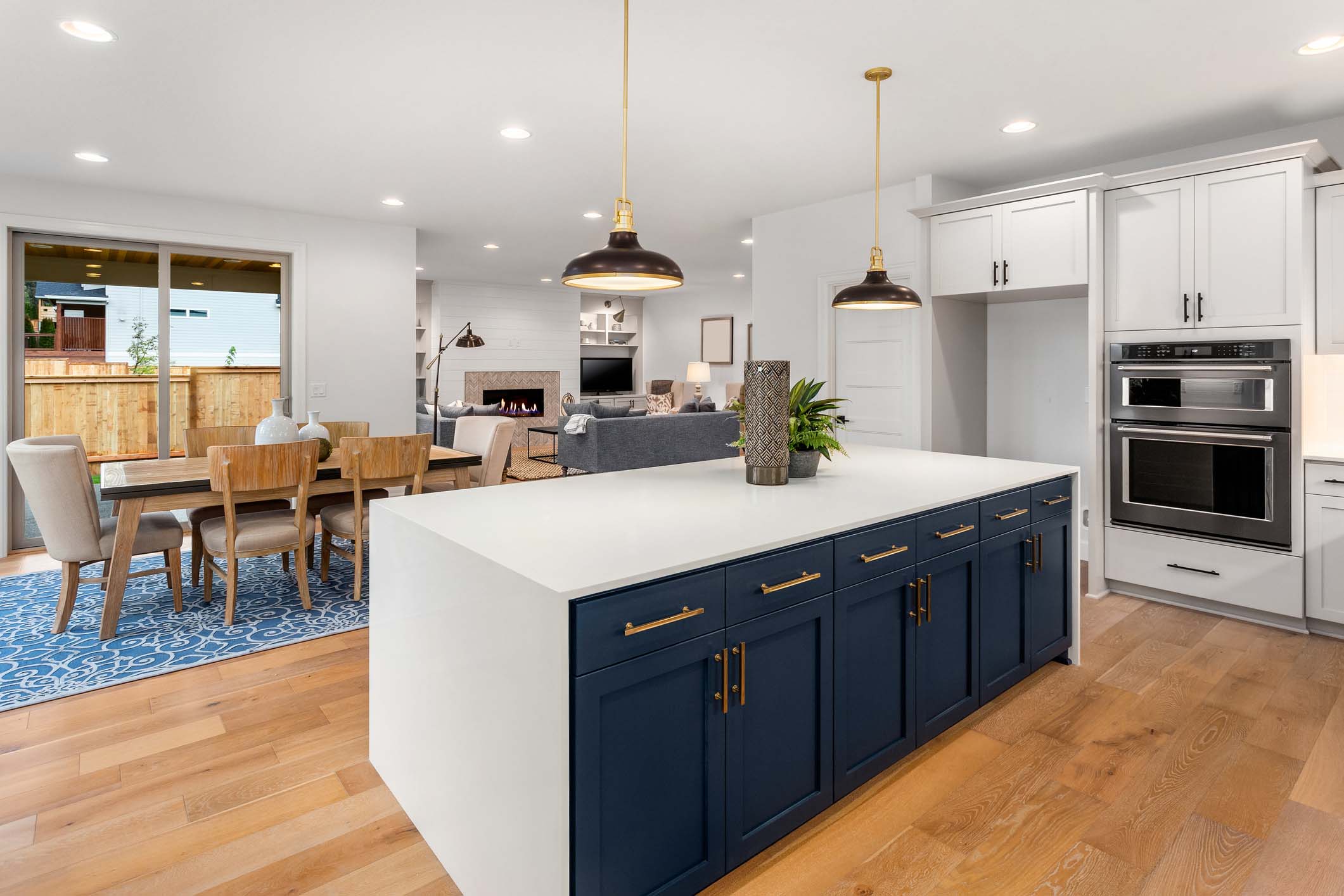Guide to kitchen finance deals
The phrase ‘cost-of-living crisis’ has, sadly, become common place. Most feel as though the cost-of-living crisis has already lasted an age. For well over a year now, prices have been rising at the fastest rate in decades and most wages aren’t keeping up. Households have seen a real hit to their bank balances and that is set to continue in the coming months. Inflation remained stubbornly high in May and food prices continue to rise by more than double the rate of inflation. The Bank of England has responded by increasing interest rates putting further pressure on those with mortgages.

All this, of course, impacts those hoping or needing to undertake home improvement projects such as refurbishing, renovating or updating a kitchen. On average, homeowners in the UK purchase a new kitchen every twelve years which can be the singular most expensive project and the financial implications right now of a new kitchen (or even updating an existing kitchen) can be a huge worry.
With financial demands being stretched in all directions, few of us can afford to pay for a new kitchen in full upfront. Thankfully, most kitchen retailers continue to offer varying flexible finance details to help manage the cost over time.

Firstly, take your time and shop around to find the best price kitchen for your budget. Compare, compare, and compare some more. Prices do vary and putting in the legwork up front, without a doubt, reaps rewards further down the line. As with buying a property, it’s rare to get everything on the wish list. Compromises must be made and it’s no different when looking for a kitchen to fit the budget. Can you compromise on the finish of the cabinet doors, the material of the handles or could you swap a couple of wall mounted units for open shelving to get the cost down if the kitchen is coming in over budget?

Next step, compare the finance plans available as these can also vary quite a bit from retailer to retailer. Finance plans can generally be broken down into three key types:
Interest Free Credit:
Interest-free credit agreements allow you to borrow an amount of money over a set period with no interest charged. They often don’t even require a deposit, which means you don’t need to part with any cash until the first direct debit payment. You can usually, however, choose to put down a deposit, which will reduce your monthly repayments.
Retailers don’t just hand out deals to anyone — you will need to meet eligibility criteria which may differ from retailer to retailer. Your application might be online or in person and you will need to provide details such as your employment status and a history of addresses and a credit check will be carried out.

Buy-now, Pay-later:
Buy-now, Pay-later (BNPL) is a useful way to have instant access to something even when you don’t have the cash to pay for it. BNPL deals give consumers the option to defer payments for items which they need now, while allowing the flexibility of payment later. Before choosing a BNPL deal, consumers are made aware of when their interest-free period will end and how much interest they would pay should they choose not to repay the full amount before this date.

Interest bearing loan with fixed rate interest:
If you borrow money and the fixed interest rate quoted is 5% a year, it will cost you 5% of the amount borrowed to do so. This will need to be repaid along with the original money you borrowed. Interest rates are usually quoted annually, but not always, so make sure you check.
Compare the key kitchen retailers’ latest finance deals by visiting https://www.kitchen-compare.com/compare-kitchen-suppliers/finance.
26th Jun 2023The Compare Network
Copyright – Insight Retail Group Ltd 2025 All rights reserved